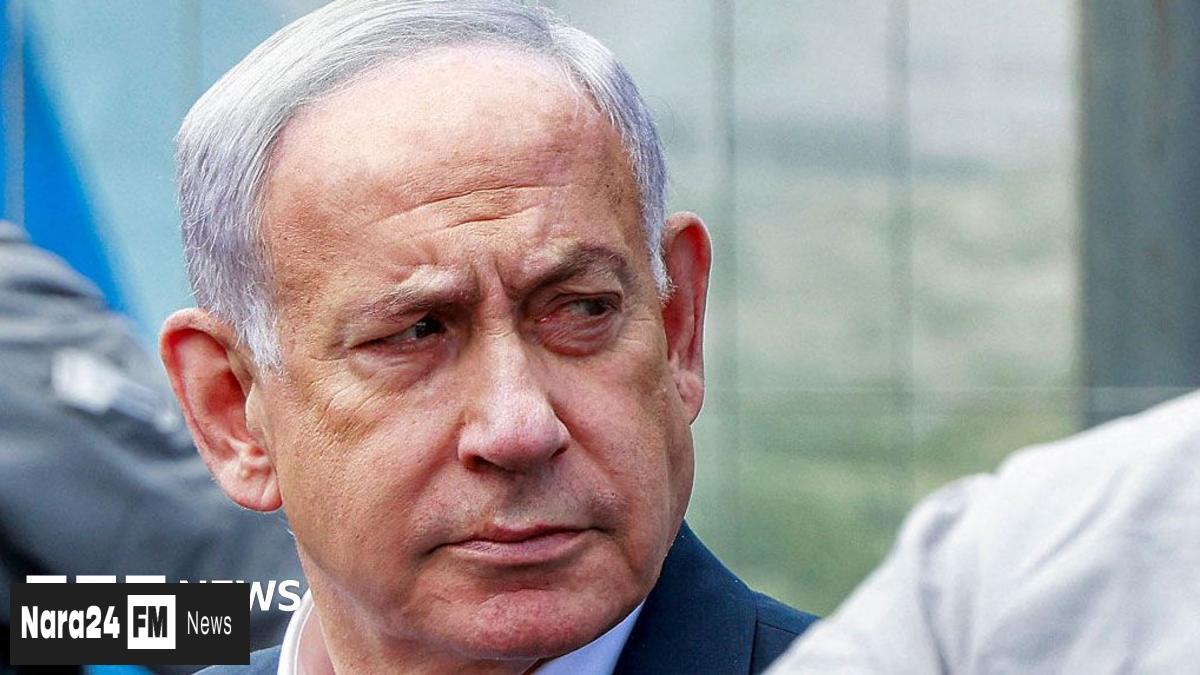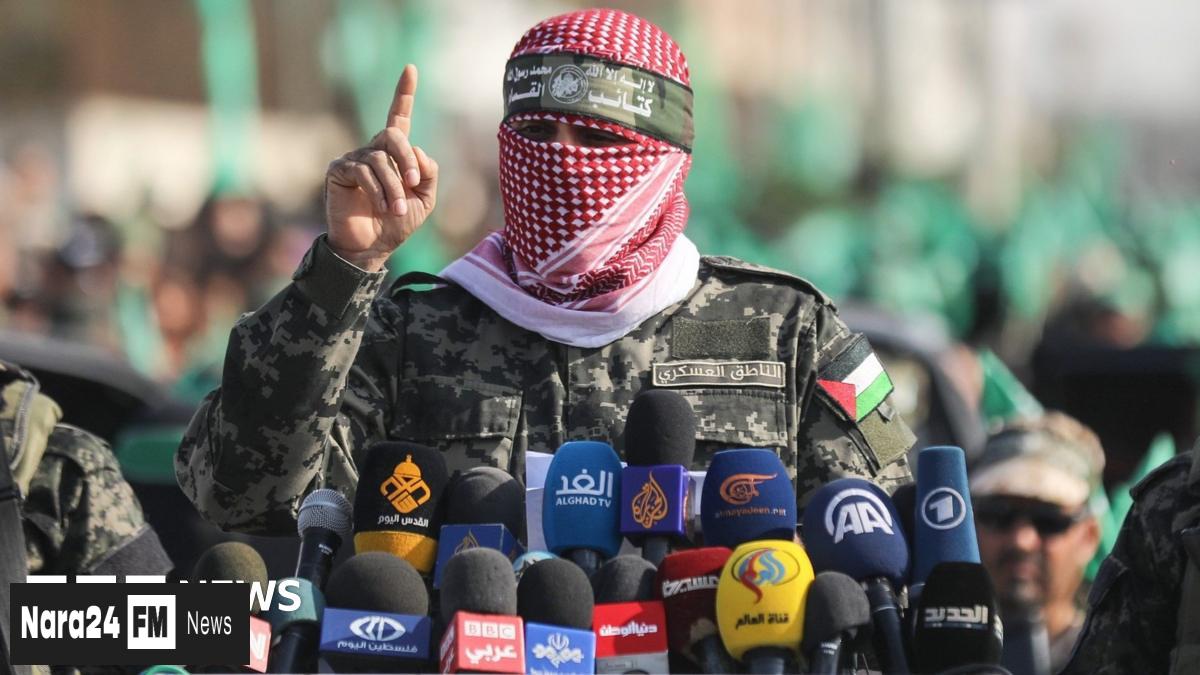In This Article
- Hostage's Emaciated Condition and Family's Reaction
- Hamas-Provided Video and International Response
- Hostage Situation and Number of Hostages
- Israeli Government's Military Expansion and Western Alliances
- Humanitarian Crisis in Gaza
- International Committee of the Red Cross and Verification Challenges
- Coalition of Israeli Security Officials and Their Appeal
Key Takeaways
- A Hamas-released video shows Israeli hostage Evyatar David in a severely emaciated state, with his brother describing it as 'a new kind of cruelty' and highlighting his critical health condition.
- Over 50 Israeli hostages remain in Gaza, with 20 believed to be alive, prompting families to demand Prime Minister Netanyahu prioritize their rescue amid worsening humanitarian conditions.
- The video has intensified international criticism and raised concerns about the humanitarian crisis in Gaza, where famine warnings and malnutrition-related deaths, including 93 children, are escalating.
- Hamas claims hostages receive the same food as fighters and civilians, but the Red Cross insists on unrestricted access to verify their treatment, which remains unconfirmed due to restricted media entry.
- A coalition of 600 retired Israeli security officials, including former intelligence chiefs, urged Donald Trump to pressure Israel to end hostilities, arguing Hamas no longer poses a strategic threat and the war is 'no longer just.'
The brother of an Israeli hostage detained in the Gaza Strip, Ilay David, has described a recent Hamas-provided video showcasing his 24-year-old sibling in a skeletal, emaciated state as "a new kind of cruelty," leaving their parents emotionally shattered. The footage, released on Saturday, has provoked widespread criticism from Israel and Western leaders, with Ilay stating, "He's a human skeleton. He was being starved to the point where he could die at any moment, and he suffers greatly. He barely speaks, barely moves."
In the video, Evyatar David claims, "I haven't eaten for days... I barely got drinking water," while appearing to dig what he describes as his own grave. The clip, captured in a Gaza tunnel, highlights the dire physical condition of the hostage, who was among those taken during the Hamas-led attack on southern Israel on 7 October 2023. This incident follows the release of a video by Palestinian Islamic Jihad featuring another hostage, Rom Braslavski, who is also seen in a weakened state.
With over 50 Israeli hostages still held in Gaza—20 of whom are believed to be alive—families have intensified calls for Prime Minister Benjamin Netanyahu to prioritize their release. Reports suggest the Israeli government is considering expanding its military campaign, a move that risks further straining its alliances with Western nations advocating for an immediate ceasefire. The video's release has reignited concerns about the humanitarian crisis in Gaza, where mass deprivation and restrictions on aid have led to rising casualties from starvation and malnutrition.
Ilay David recounted how his father struggled to recognize Evyatar’s voice and could not sleep after watching the footage, while his mother cried throughout the day. "Seeing those images of my brother as a human skeleton, we understood it's the lowest you can get," he said, urging global leaders to act swiftly to provide medical aid, food, and intervention to prevent further loss of life.
Hamas’s armed wing has denied intentionally starving hostages, claiming they "eat what their fighters and people in Gaza eat." However, the International Committee of the Red Cross has reiterated its demand for unimpeded access to detainees, as verification of conditions remains challenging due to restrictions on journalists, including the BBC, entering Gaza. UN-backed experts have warned that "the worst-case scenario of famine is currently playing out" in the territory, with the Hamas-run health ministry reporting over 60,000 deaths since the conflict began and 180 fatalities from malnutrition, including 93 children, since the war's start.
A coalition of 600 retired Israeli security officials, including former Mossad chief Tamir Pardo and Shin Bet director Ami Ayalon, penned a letter to former U.S. President Donald Trump, urging him to pressure Israel to cease hostilities. The group, known as Commanders for Israel's Security (CIS), argued that "Hamas no longer poses a strategic threat" and criticized the prolonged war as "no longer a just war," referencing past military actions in Lebanon as a precedent for resolution. Their appeal underscores growing internal and international tensions over the conflict's trajectory and humanitarian toll.








Comments (0)
Leave a Comment
Be the first to comment on this article!